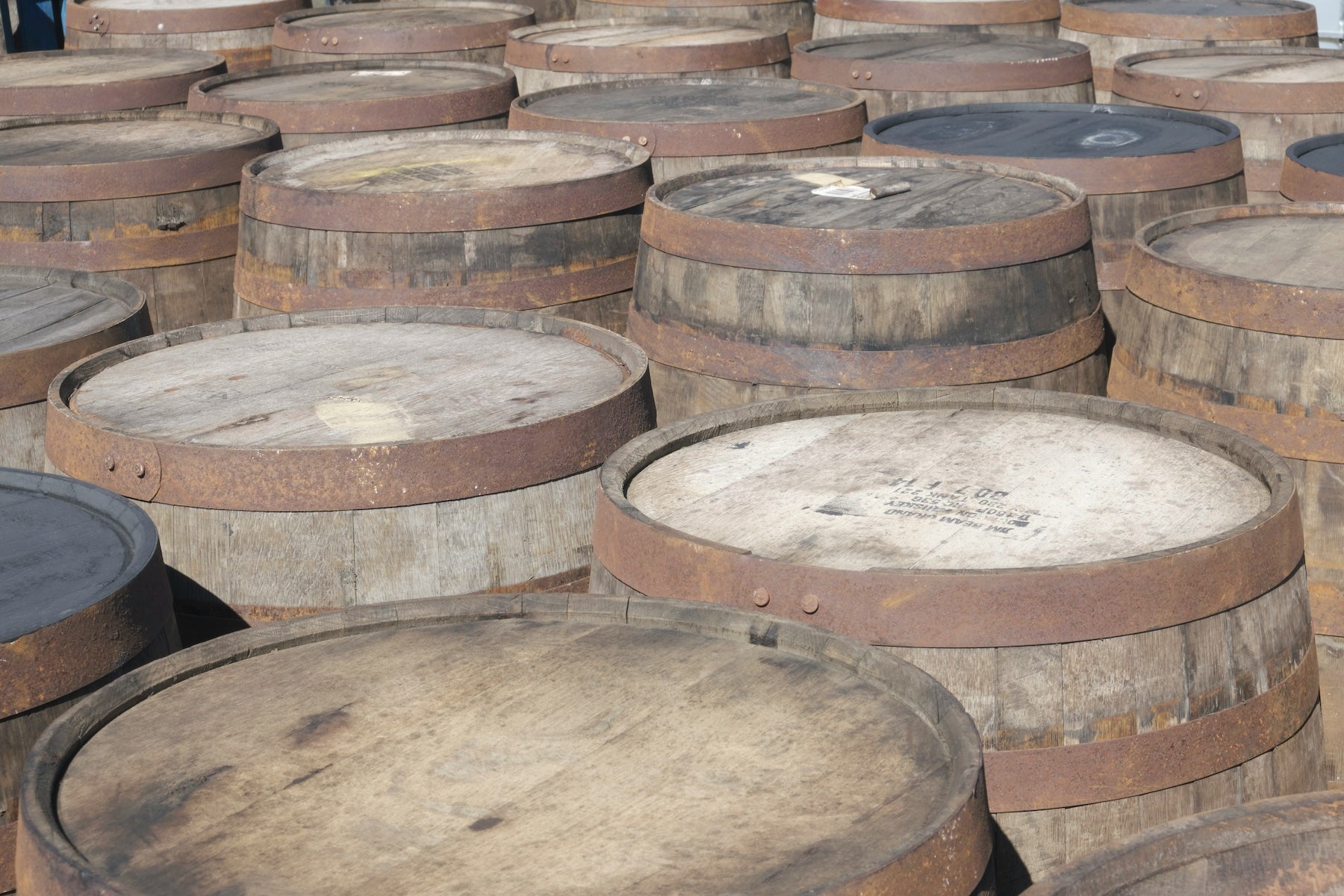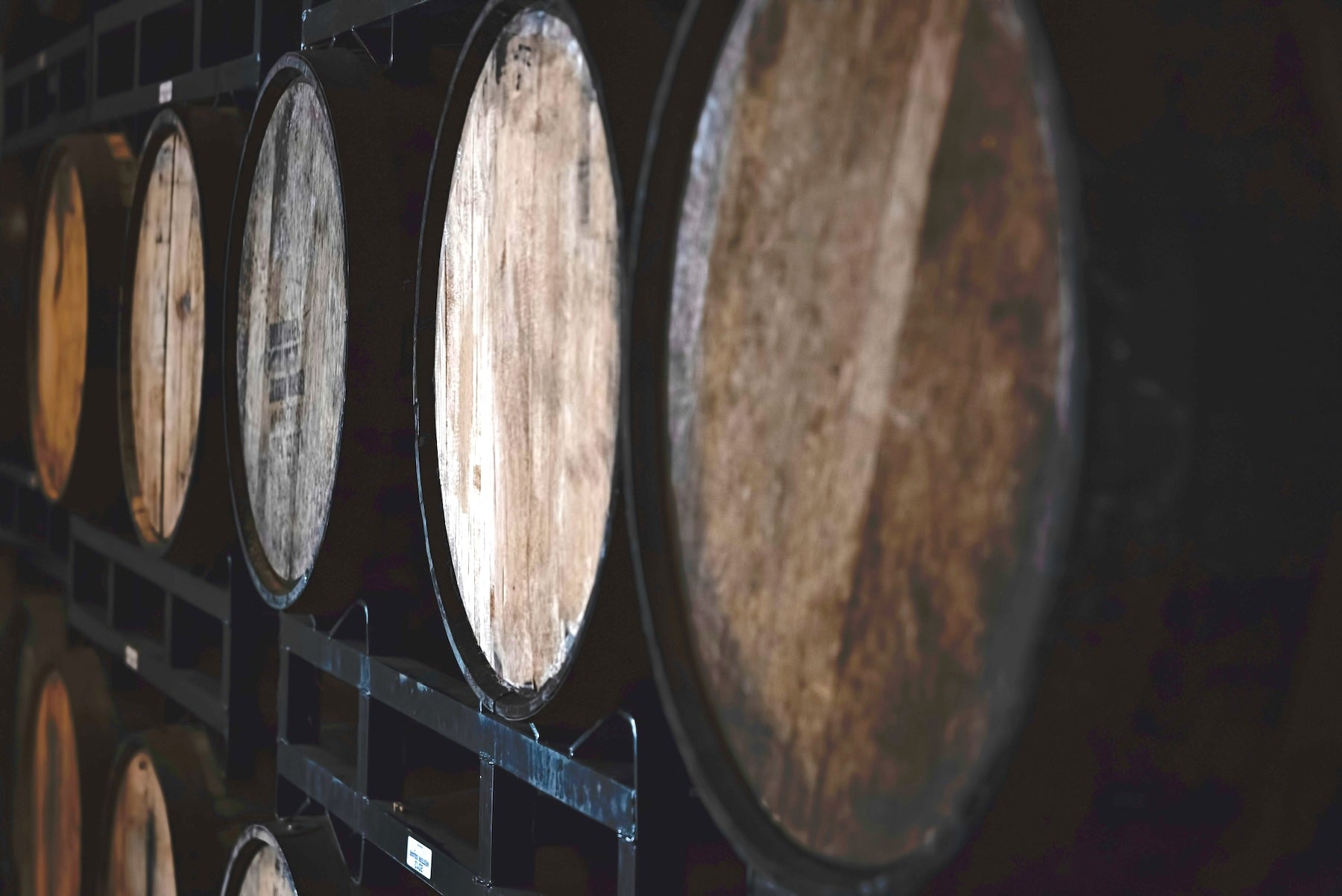
Whisky Investment: A Guide to Investing in Liquid Gold
Whisky has long been prized for its flavour, tradition, and cultural heritage, but in recent years, it has also gained attention as a compelling alternative asset. Whether through rare bottles or full maturing casks, whisky investment offers a tangible way to diversify a portfolio while connecting with one of Scotland’s most iconic exports.
At Spiritfilled, we specialise in helping clients invest in whisky casks securely, transparently, and with a long-term view. In this article, we’ll explore how whisky investment works, what drives value, and what to consider before getting involved.
Why Invest in Whisky?
There are several reasons why whisky appeals to investors looking for something beyond the stock market or property:
- Tangible ownership: Unlike many financial products, whisky is a physical asset. You can visit it, bottle it, or even taste it.
- Global demand: Scotch whisky is in growing demand worldwide, particularly in Asia, the US, and emerging markets. Mature stock is becoming increasingly scarce.
- Long-term appreciation: As whisky ages, it typically becomes more valuable, especially when held in the right conditions and from a respected distillery.
- Portfolio diversification: Whisky often behaves independently from equities and real estate, making it an attractive diversifier.
- Personal enjoyment: Few investments offer the opportunity to bottle your own product or share it with family and friends.
That said, whisky investment is not without risk. Cask investments are unregulated in the UK, and capital is at risk. Past performance is not a reliable indicator of future results, and fees and terms apply. It’s essential to approach the market with care and work with a licensed, transparent provider.
Types of Whisky Investment
There are two main types of whisky investment:
1. Bottle Investment
Investors purchase collectible bottles, often limited editions, single malts from closed distilleries, or highly rated independent releases. These bottles are typically held and resold at auction or through private sales.
Pros:
- Easier to store and transport
- Established secondary market
- More accessible entry point
Cons:
- Highly speculative
- Risk of counterfeits or condition issues
- Requires specialist knowledge of the market
2. Cask Investment
Investors purchase full casks of maturing whisky stored in bonded warehouses. The whisky continues to age and develop in the cask, which can lead to significant value appreciation over time.
Pros:
- Tangible, developing asset
- Greater control over bottling or resale
- Typically lower volatility than bottle speculation
Cons:
- Illiquid asset class
- Requires bonded storage and proper documentation
- Must be managed and insured correctly
At Spiritfilled, we focus exclusively on whisky cask investment, offering clients direct access to high-quality casks, secure bonded storage, and full lifecycle support from acquisition to exit.
What Drives Value in Whisky Investment?
Several factors affect the performance of a whisky investment:
- Distillery reputation: Some names command a premium. Casks from popular or cult distilleries often sell more easily and at higher prices.
- Cask type: Sherry butts, port pipes, and first-fill casks tend to add more character to the whisky and are often more desirable to bottlers.
- Age and maturation: As whisky matures, it typically increases in value. However, over-maturation or poor storage can negatively impact flavour and volume.
- Warehouse conditions: Whisky must be stored in a government-approved bonded warehouse. This preserves quality, legal status, and resale potential.
- Strength and yield: Known as RLA (regauged litres of alcohol), this measures how much spirit remains in your cask and at what ABV.
How Do Returns Work?
There are two typical exit routes for cask investors:
- Sell the cask: When the whisky has reached the desired age or market conditions are favourable, the cask may be sold to another investor or an independent bottler.
- Bottle the whisky: You may choose to bottle the cask under your own label. This offers emotional satisfaction, potential commercial returns, and full creative control.
For a more detailed look at returns, see our article on Whisky Cask Investment Returns.
What Are the Risks?
Whisky investment, like any alternative asset, carries risk. Key considerations include:
- Unregulated asset class: Not covered by the FCA or FSCS
- Long holding period: Casks are illiquid and usually held for years
- Evaporation losses: Natural evaporation reduces volume over time
- Operator risk: Work only with trusted, licensed providers offering bonded storage and full documentation
To help you navigate these risks, we offer a free Whisky Investment Guide with honest, jargon-free advice.
Getting Started with Spiritfilled
If you’re ready to explore whisky cask investment, Spiritfilled is here to help. We offer:
- Access to quality casks from reputable distilleries
- Licensed storage at our own bonded facility, Braeside Bond
- Insurance, re-gauging, and digital record-keeping
- Support with bottling or resale when the time comes
Contact our team to explore current availability or book a consultation.



